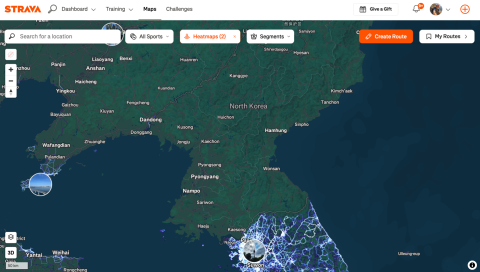

Strava, the popular fitness tracking platform, has reportedly banned a runner after they uploaded an activity recorded in North Korea. The decision appears to be in compliance with "mandatory US sanctions and export controls" that prohibit American companies from offering services in the sanctioned country.
The incident came to light after the runner attempted to log their activity on Strava, only to find their account restricted. According to sources familiar with the situation, Strava’s enforcement of U.S. sanctions meant that users accessing or uploading data from North Korea would face bans or restrictions.
While the identity of the banned runner remains undisclosed, the case raises questions about the intersection of technology, geopolitics, and digital fitness platforms. Strava, which has a global user base, must adhere to international trade regulations, particularly those imposed by the U.S. government on sanctioned nations like North Korea.
This is not the first time Strava's global reach has caused controversy. In 2018, the company faced criticism after its global heatmap unintentionally revealed sensitive military locations based on publicly shared activity data. In response, Strava implemented more stringent privacy controls and guidelines.
The enforcement of sanctions in the digital space continues to create challenges for tech companies, particularly those operating in industries with worldwide users. While Strava’s move aligns with legal requirements, it also highlights how geopolitics can impact even the most seemingly apolitical digital services.
Discover More Content





